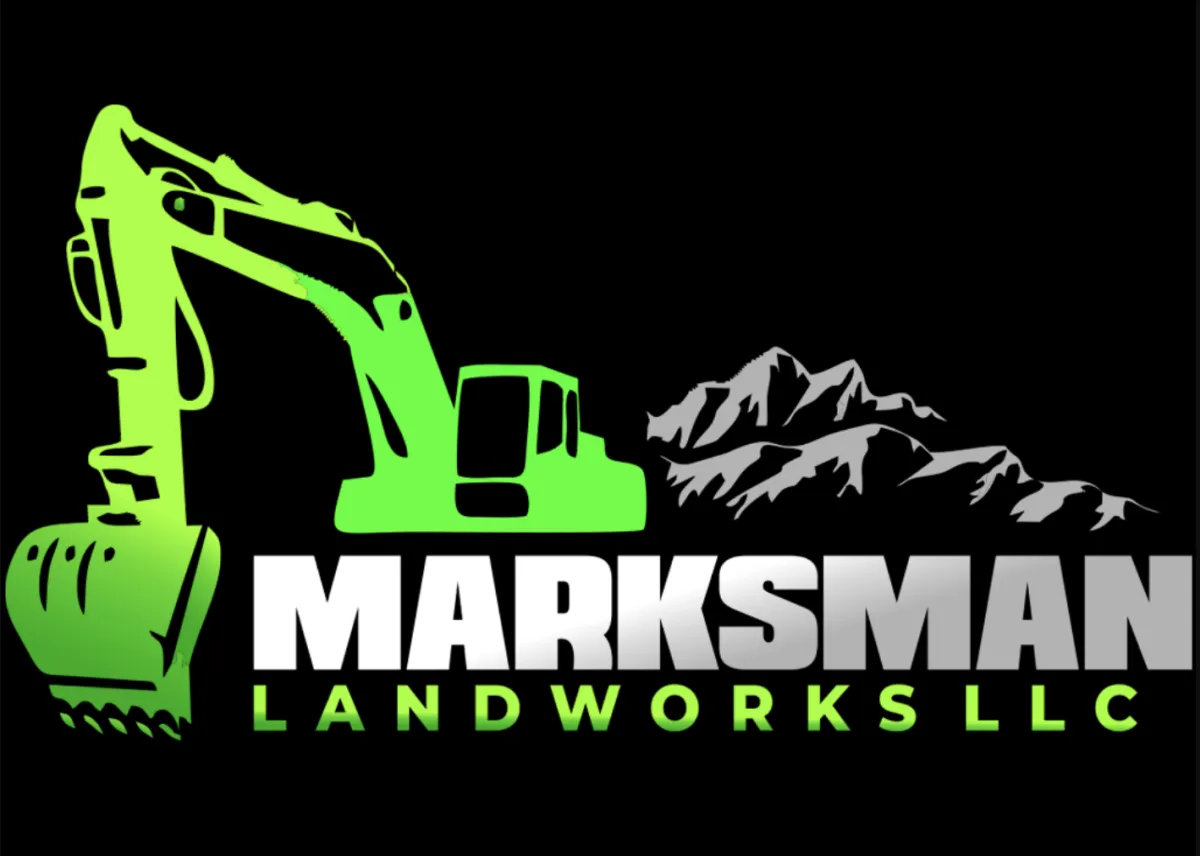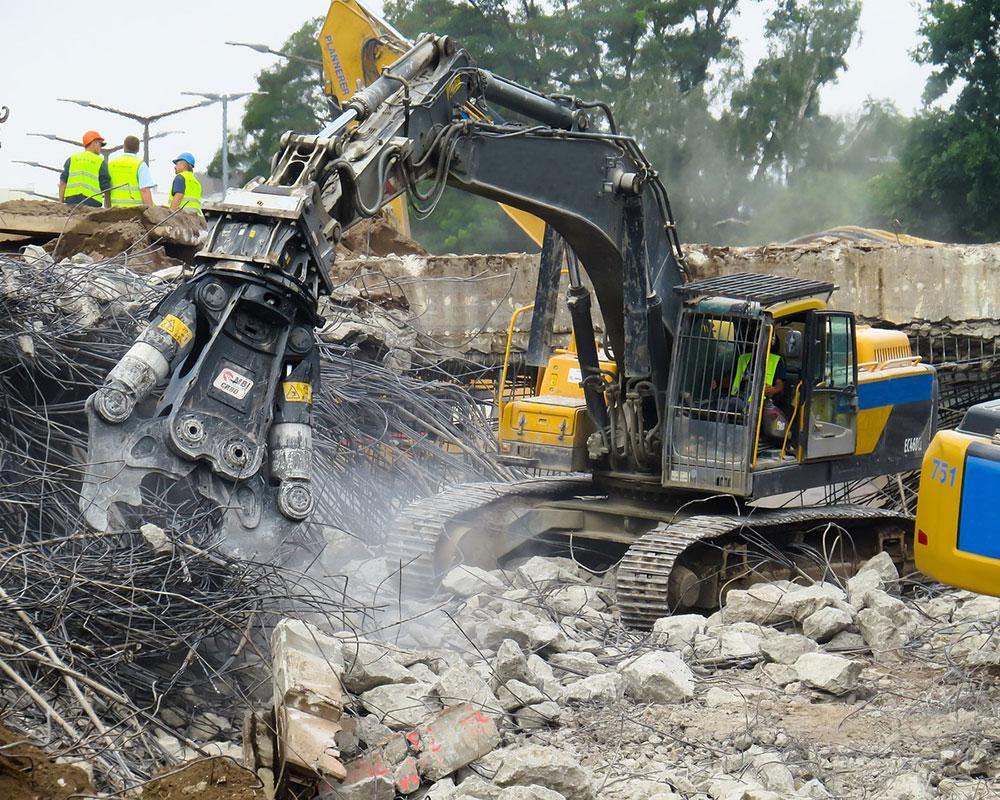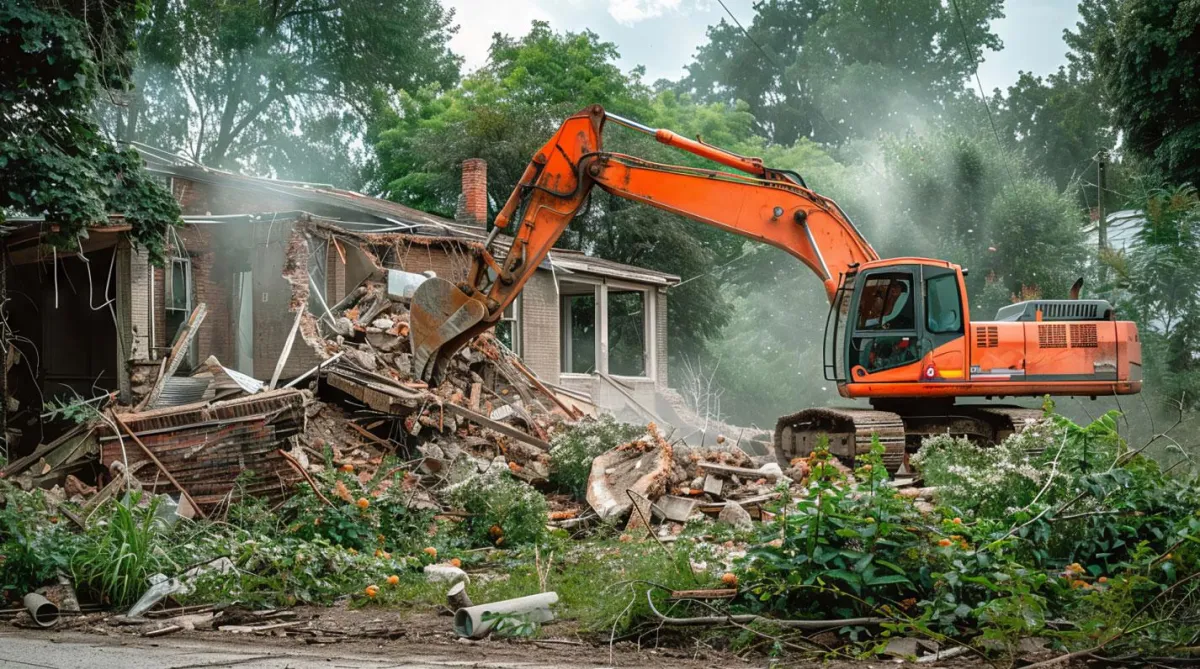
Serving Counties: (North Carolina): Polk, Rutherfordton (South Carolina): Cherokee, Spartanburg, Boiling Springs
Demolition Companies Near Spartanburg County, South Carolina
Marksman Landworks LLC is Committed to superior quality and results!

AVOID COSTLY MISTAKES:
Do NOT hire an excavating contractor without first reading our free guide:
The ULTIMATE Excavation & Septic "Success Guide."

Demolition Companies Near Spartanburg County, South Carolina: What They Do
Demolition sets the stage for every construction project, affecting cost, safety, and timelines. When you hire demolition companies in Spartanburg County, the process starts with site evaluations and risk assessments to plan access, utilities, and disposal. Depending on the project, methods range from selective interior work to heavy mechanical demolition or careful hand removal in sensitive areas. Crews also manage materials responsibly by recycling concrete, metals, and other debris while controlling dust and documenting progress for smooth, accountable results.
How Can We Help?


Why Property Owners Choose Demolition Companies Near Spartanburg County
Taking down a structure near roads, power lines, smaller sheds, barns, mobile homes, single-family homes, and shared property lines requires judgment that only comes from experience. Local crews understand South Carolina permits, stormwater rules, utility coordination, and disposal standards, so approvals and inspections stay on track. They mobilize the right size excavators, breakers, and shears, which keeps productivity high and reduces idle time.
Equally important is communication. You receive written work plans, clear schedules, and a contact who answers questions quickly. Daily updates help you coordinate the next trade, arrange dumpsters or trucking, and keep neighbors informed. With a documented plan and predictable updates, surprises are reduced and your budget is protected.
Benefits of Hiring Demolition Companies Near Spartanburg County
Safety is the first and most visible benefit. Professional crews establish machine exclusion zones, verify utility shutoffs, use spotters, and perform daily equipment inspections. Those habits protect workers, neighbors, and your project timeline.
Compliance is the second benefit. Permits, erosion controls, and trucking manifests are handled correctly, aligning the work with local and state requirements in South Carolina.
Speed is the third benefit. Purpose-built equipment and proven sequences can turn multi-day tasks into single-shift outcomes without sacrificing control.
Cost control is the fourth benefit. Defined scope, accurate quantities, and transparent allowances reduce change orders and keep billing predictable.
Environmental responsibility is the fifth benefit. Concrete, asphalt, brick, and metals are separated for recycling, while dust and runoff are controlled to protect nearby properties and waterways.
Finally, documentation matters. Photo logs, disposal tickets, and closeout reports give you proof that the job was completed correctly and responsibly.
See Our Excavation & Septic Services

✔️ Septic Services
✔️ Sewer Repairs
✔️ Septic Repairs
✔️ Residential Excavation
✔️ Demolition
✔️ Forestry Mulching
✔️ Grading
✔️ Lot Clearing
✔️ Retaining Walls
Quality Services Launched FAST!

✔️ Full Site Preparation
✔️ Trenching
✔️ Land Clearing
✔️ Tree Services
✔️ Traditional System Installations
✔️ Aerobic Systems
✔️ Plastic/Poly and Concrete Septic Tanks
✔️ Drain Field Replacements
What Are You Waiting For?
How to Hire Demolition Companies Near Spartanburg County: Step by Step
Begin with clarity. Create a short brief that lists each structure, slab, or hardscape to remove, and include rough dimensions. Note access constraints, trees or features to protect, overhead lines, and the desired condition of the site at completion. Add photos from multiple angles and share any drawings you have.
Verify local requirements with your jurisdiction in Spartanburg County, South Carolina, since many jobs require a demolition permit and basic erosion control measures.
Request written estimates from at least three demolition companies near Spartanburg County. Ask for line items that cover permits, utility disconnects, erosion control, equipment, labor, hauling, recycling, and final grading or stabilization.
Request proof of general liability and workers’ compensation insurance and confirm licensing if required for the scope. Ask for recent references with a similar structure type and site constraints.
Compare proposals for scope gaps and exclusions. Clarify whether testing and abatement for asbestos or lead are included or handled by a separate specialist.
Before work begins, hold a pre-demolition meeting. Review machine routes, staging areas, dust control, hours of work, parking, and the inspection schedule. Confirm the communication plan for daily updates and any change approvals. Provide site access details, gate codes, and a water source for dust control. Finally, get the schedule in writing with milestones for mobilization, structural removal, debris hauling, and closeout documentation.
What Impacts Cost and Timeline in Spartanburg County
Several factors drive price and duration. Structure size and materials are primary because reinforced concrete and masonry require more breaking power and trucking than light wood framing.
Site access affects productivity. Narrow driveways, low branches, steep slopes, or soft soils can force smaller machines and additional labor.
Utility conflicts add complexity since unknown water, sewer, gas, or private power lines demand careful locating and protection.
Hazardous materials can change sequence and cost. If testing finds asbestos, licensed abatement must occur before general demolition proceeds.
Weather and inspections matter as well. Heavy rain can slow trucking and require temporary stabilization, while inspection windows can pause operations until approvals are issued.
The best way to control cost is a clear scope, a documented plan, and an agreed communication rhythm so issues are resolved quickly.
Preparing Your Site for a Smooth Demolition
Preparation prevents delays and protects the things you want to keep. Remove personal belongings and salvage items before crews arrive. Provide keys, gate codes, parking instructions, and mark the water source for dust control.
Flag features that must stay with bright tape or fencing, and identify tree protection zones if required. Notify neighbors about the schedule and noise so they can plan ahead. Keep pets secure and children clear of work areas at all times. Post permits where inspectors can see them.
What a Clean Closeout Looks Like
A quality closeout leaves no doubt about what was accomplished. Expect the site to be free of debris, nails, and concrete fragments, with limits of work matching the plan.
Ask for final photos, disposal tickets, and recycling receipts for your records. Confirm utilities have been safely terminated or capped as agreed.
If the next phase needs specific compaction or elevations, request verification before machines leave.
Hours: Mon-Sat 7.30am-6pm
Extended hours by appointment only.
All rights reserved | Client Support Area